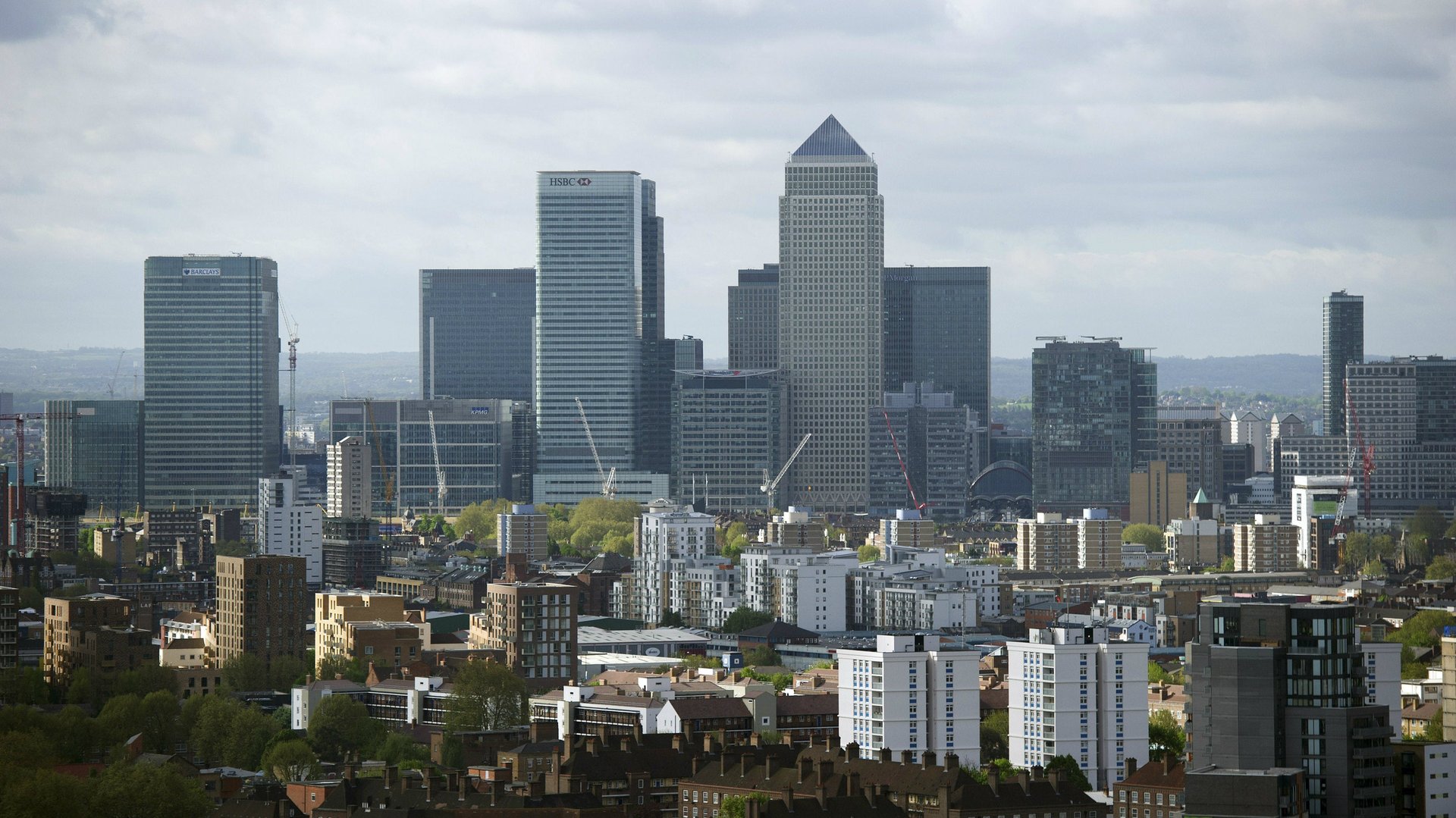The bill for banks behaving badly since the financial crisis: $273 billion and counting
It’s a number that gives big bank execs nightmares. In the nine years since the global financial crisis, US and European investment banks have set aside $273 billion in provisions to pay for fines and other litigation related to bad behavior, according to Moody’s. Almost half the fines they paid were for dealing in dodgy US mortgages.


It’s a number that gives big bank execs nightmares. In the nine years since the global financial crisis, US and European investment banks have set aside $273 billion in provisions to pay for fines and other litigation related to bad behavior, according to Moody’s. Almost half the fines they paid were for dealing in dodgy US mortgages.
For the past two years, these massive legal buffers have finally started to shrink. In 2016, banks only set aside $19 billion, compared with $33 billion in 2015 and a peak of $59 billion in 2014, per Moody’s. That said, American banks are more in the clear than their European counterparts. US banks set aside $2.9 billion in litigation-related provisions last year; in Europe, banks still expect hefty fines to come, so they set aside more than $16 billion.
In terms of individual lenders, Bank of America has been hit the hardest. Since 2008, the US banking giant has set aside $73 billion in provisions, followed by JPMorgan, which devoted the second-largest amount to legal provisions, at $40 billion.
Of the European banks, Royal Bank of Scotland has set aside the most provisions, at just under $30 billion since 2008. Just last week, RBS was ordered to pay $5.5 billion by the US Federal Housing Finance Agency for selling toxic mortgage bonds between 2005 and 2007. RBS was the largest non-US bank involved in the improper practices that led to subprime mortgage crisis and is still awaiting a separate fine for similar activities from the US Department of Justice. RBS, which is still three-quarters owned by British taxpayers following a public bailout during the depths of the crisis, hasn’t made an annual profit since 2007.
Moody’s estimates that RBS, UBS, Barclays, and HSBC still have about $9.6 billion in fines to come for their mortgage-bond shenanigans. The next-largest area of fines has been for misleading sales of other financial products. A third of the post-crisis fines paid were for this, particularly in the UK where banks mis-sold payment protection insurance and interest rate hedging products. British banks have already shelled out some $35 billion to customers for selling misleading insurance products.
The wrongdoing doesn’t end there. Deutsche Bank is under criminal investigation for Russian “mirror trades” and four former Barclays execs face criminal charges for the way they raised capital from Qatar in 2008. The US Federal Reserve just fined French bank BNP Paribas $246 million for “unsafe and unsound” foreign-exchange trading activities. The sums may not be as scary as before, but the banks’ long legal nightmares are far from over.